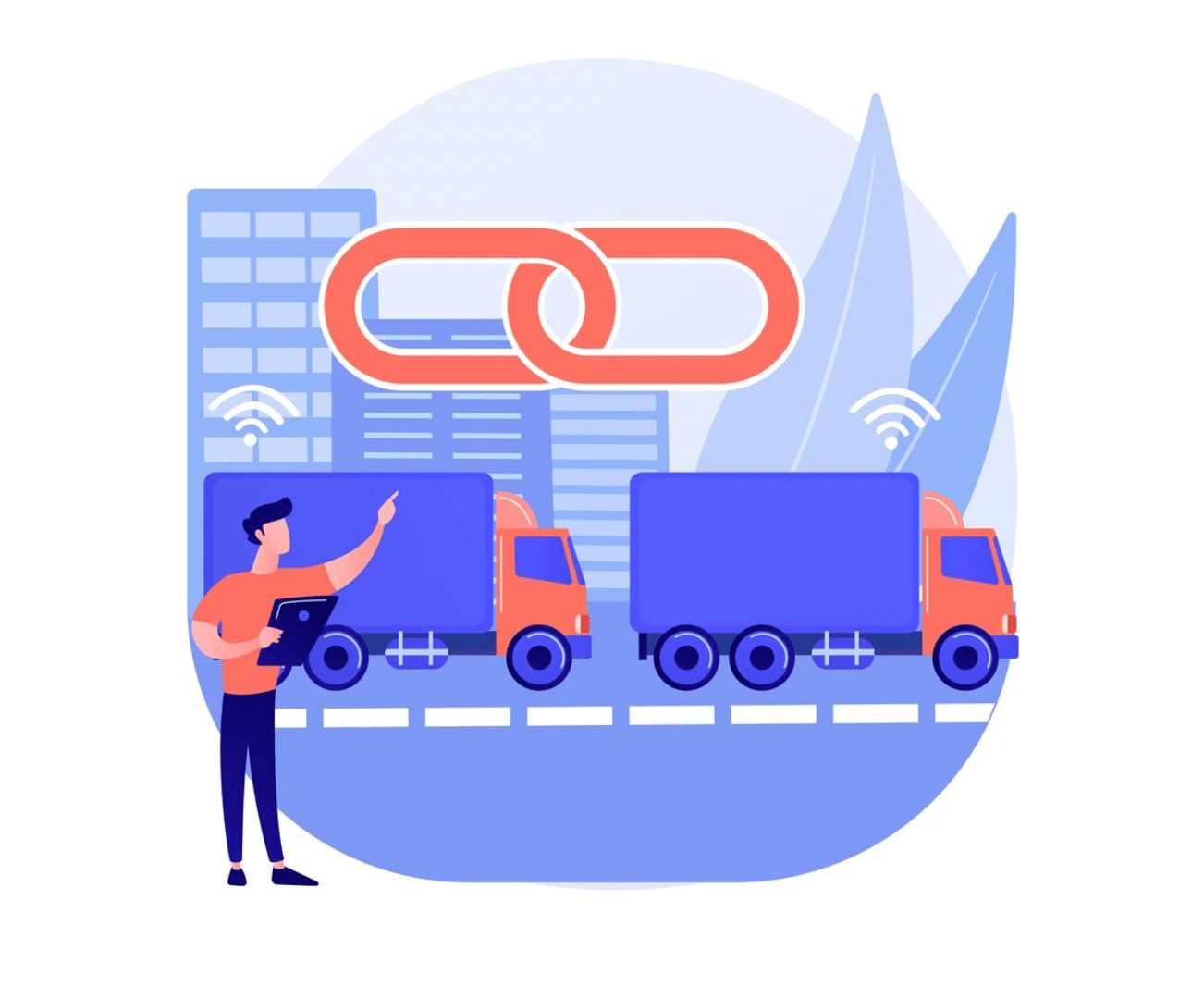Tools for organizing and planning traffic: free or paid?

In the complex world of logistics management, using traffic organization and planning tools becomes essential to optimize operations. However, a question persists: should one opt for free solutions or invest in paid options? Let’s delve into the nuances of these two approaches to assist you in your decision.
- What is Traffic Management?
- The Benefits of Using Free Traffic Organization and Planning Tools
- Free Traffic Organization and Planning Tools: Who Are They For?
- The Limitations of Free Traffic Organization and Planning Tools
- Traffic Organization and Planning Tools: Why Choose a Paid Option?
What is Traffic Management?
Definition of Traffic Management
Traffic management holds a central position in logistics operations.
It encompasses coordinating goods flow, planning routes, and real-time vehicle monitoring. This allows for improved delivery efficiency, reducing operational costs while enhancing customer satisfaction.
Why is Traffic Management Important for Your Business?
Firstly, it ensures optimized delivery times, meeting the increasing customer expectations for speed and reliability.
Additionally, traffic management helps minimize delays, delivery errors, and unforeseen costs. It provides greater visibility across the logistics chain, enabling informed decision-making and responsiveness to potential unforeseen events.
By promoting optimal resource utilization, traffic management also aids in reducing the environmental impact of logistics operations—a crucial aspect in today’s environmentally conscious landscape.
Lastly, investing in traffic organization and planning tools is a crucial lever to strengthen your company’s competitiveness. These solutions guarantee smooth and efficient traffic management, propelling your operations toward higher efficiency and customer satisfaction.
Effective traffic management optimization yields significant time savings! Nomadia offers solutions to assist you!
The Benefits of Using Free Traffic Organization and Planning Tools
Time Saving
Integrating free traffic organization and planning tools proves to be a judicious investment for logistics companies. These automated solutions optimize time by simplifying traffic management processes, resulting in a significant reduction in time spent on administrative tasks and freeing up resources for more strategic activities.
Cost Saving
The financial accessibility of free traffic organization and planning tools is one of their primary advantages. By eliminating costs associated with acquiring paid solutions, these tools enable companies to manage their budgets while benefiting from effective traffic management. This economical approach allows companies to maximize profitability without compromising service quality.
In summary, using free traffic organization and planning tools represents a winning strategy, offering both significant time savings and an economical solution for logistics companies.

Free Traffic Organization and Planning Tools: Who Are They For?
Small Logistics Companies: A Suitable Solution
Free traffic organization and planning tools prove to be a boon for small logistics companies seeking to maximize operational efficiency without compromising their budget. These solutions provide a solid foundation for managing goods flows, optimizing routes, and ensuring seamless coordination.
Growing Start-ups: An Economical Approach
For burgeoning start-ups, optimizing logistics operations is necessary to maintain sustained growth. Free traffic organization and planning tools enable these emerging companies to establish robust systems without burdening their finances, ensuring proactive management of goods flow.
Established Companies: A Diversification Strategy
Even established logistics companies can benefit from integrating free tools into their management arsenal. These solutions offer a strategic diversification opportunity, allowing companies to test new approaches without an initial financial commitment.
The Limitations of Free Traffic Organization and Planning Tools
For many companies, the “free” option might seem appealing at first glance. However, it’s essential to understand the inherent limitations of these seemingly cost-free solutions.
Logistics Operations Complexity
Free traffic organization and planning tools might prove insufficient in the face of increasing logistics operation complexities. Specific needs of each company might require more advanced features, absent in free versions, thereby compromising optimal goods flow management.
Limited Technical Support
Another often overlooked aspect is the level of available technical support. Free solutions might lack personalized support, leaving companies stranded in case of critical issues. Logistics companies, requiring immediate assistance, might find themselves stuck facing unforeseen obstacles.

Compromised Data Security
Data security remains a major concern in logistics. Free tools, while financially appealing, might have shortcomings in protecting sensitive information. Companies must consider potential risks related to data confidentiality and security of operational data.
Scalability Limitations
Growth is usually the mantra for logistics companies. Free tools, often designed for small-scale operations, might hit their limits in terms of scalability. This can lead to delays, errors, and efficiency loss when the company aims to expand its activities.
Lack of Advanced Features
Free solutions might lack advanced features for optimal traffic planning. Features like predictive analysis, route optimization, and real-time management might be absent, limiting the company’s ability to remain competitive in an ever-evolving logistics environment.
Traffic Organization and Planning Tools: Why Choose a Paid Option?
In the dynamic world of logistics, operational efficiency heavily relies on robust traffic organization and planning tools. Opting for a paid solution can make all the difference for companies aiming to maximize productivity and profitability.
Optimal Performance from the Start
Paid tools often offer a more robust interface and advanced features right from installation. This meticulous preparation allows logistics companies to start quickly, without wasting time on complex adjustments. Their immediate setup ensures seamless integration into existing operations.
Dedicated Technical Support
One of the advantages of paid solutions lies in dedicated technical support. Logistics teams can benefit from personalized assistance in case of problems or optimization needs. This responsiveness minimizes operational interruptions and fosters seamless traffic management.
Constant Updates
Paid traffic organization and planning tools receive regular updates to meet the evolving logistics sector. This continual adaptation ensures that user companies comply with current standards, benefit from enhanced security, and have access to the latest technological advancements. Opting for a paid solution ensures staying at the forefront of operational efficiency.
Tailored Advanced Features
Paid solutions generally offer advanced and customizable features. Logistics companies can tailor the tool to their specific needs, be it route management, load optimization, or real-time monitoring. This increased flexibility guarantees a solution perfectly adapted to each operational context.
Data Security as a Priority
Data confidentiality is crucial in logistics. Paid tools understand this and prioritize data security. It’s an essential criterion to consider. Choosing a paid tool means investing in protecting the company’s and its partners’ data.
Maximize your productivity and profitability with Nomadia solutions, specifically designed to help you achieve your goals.
